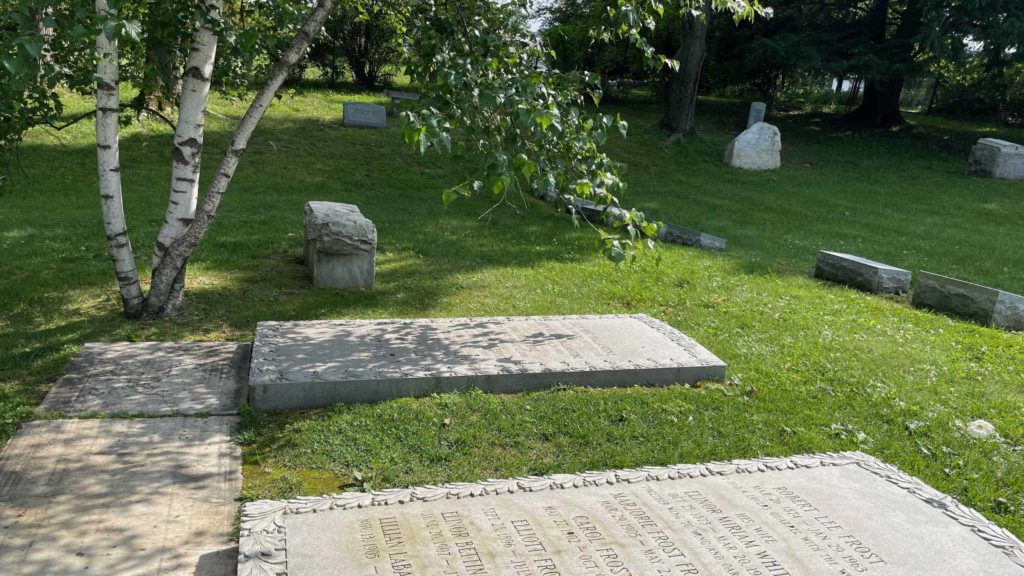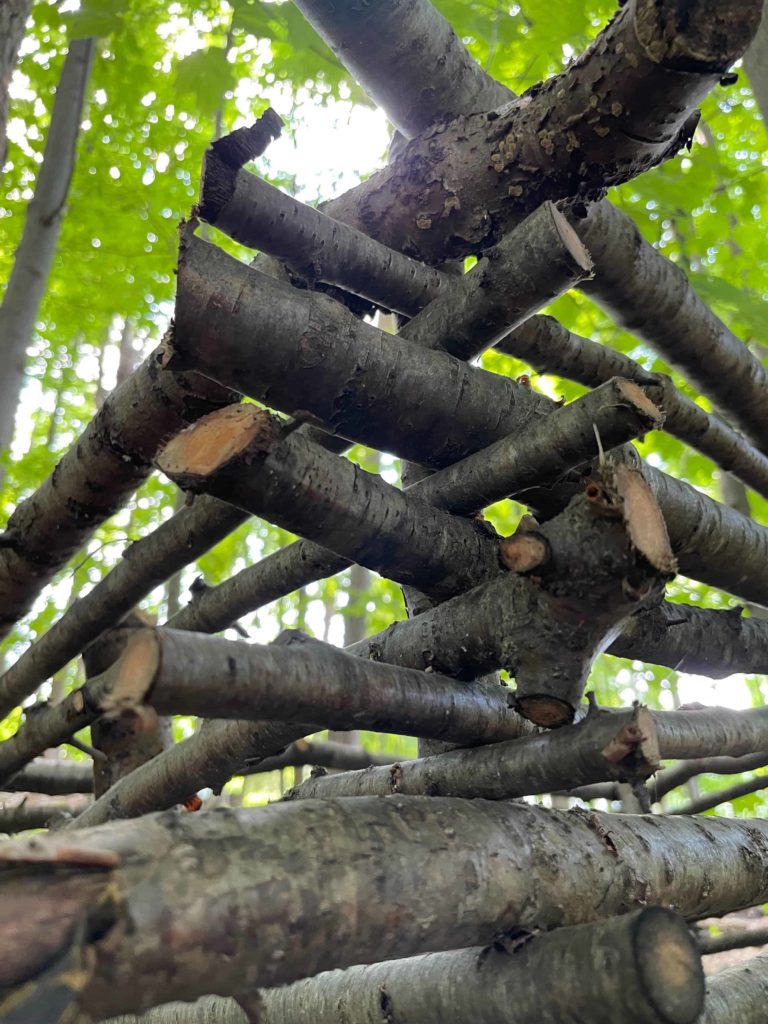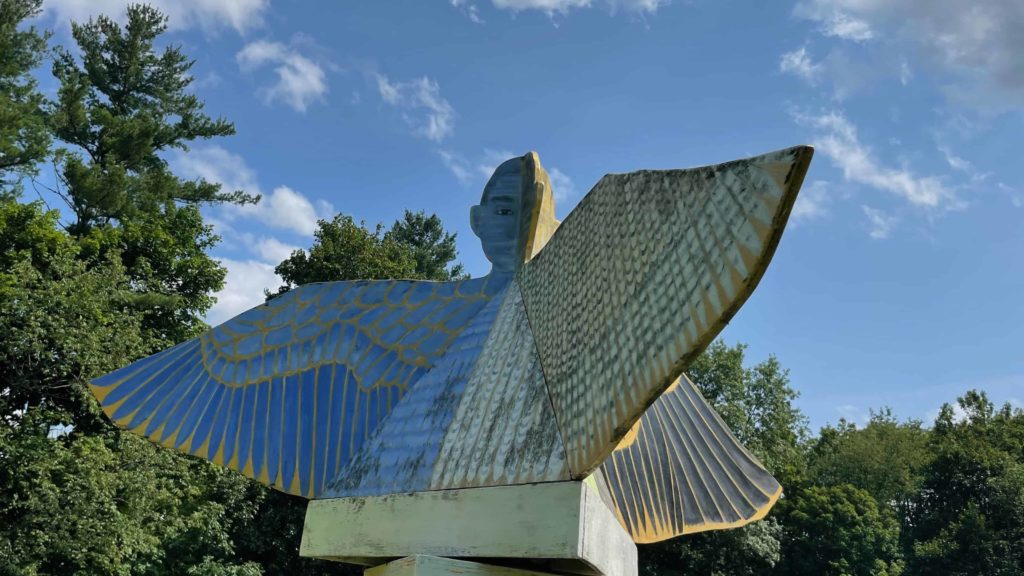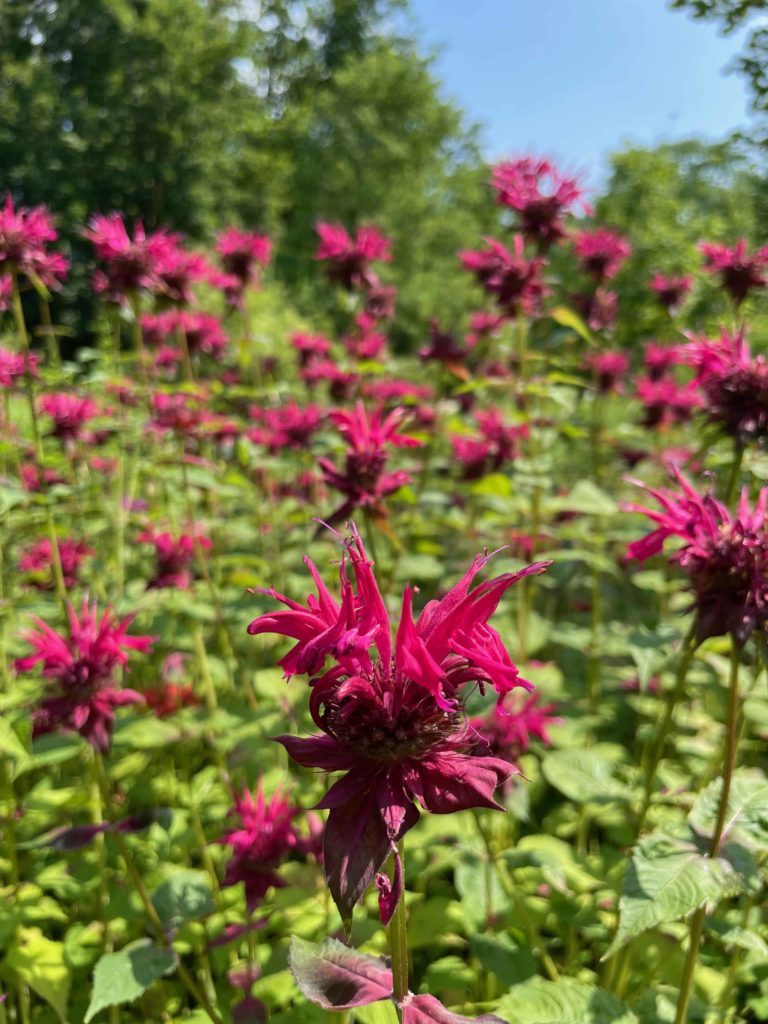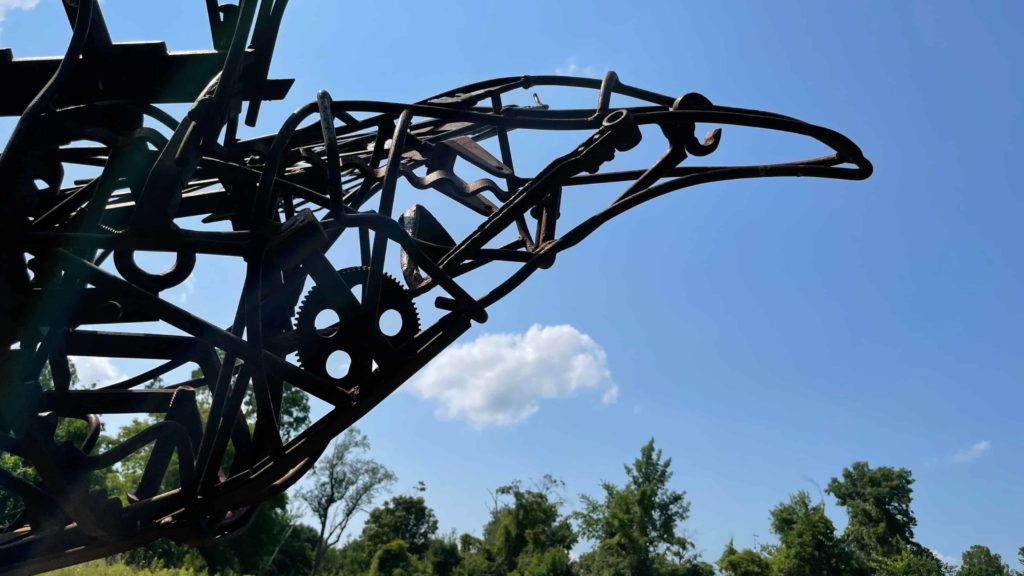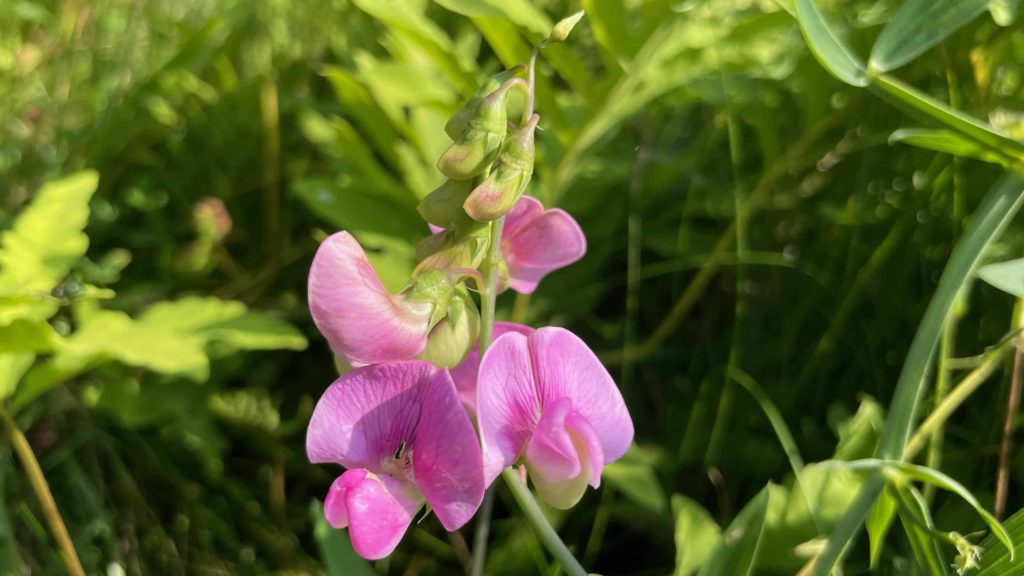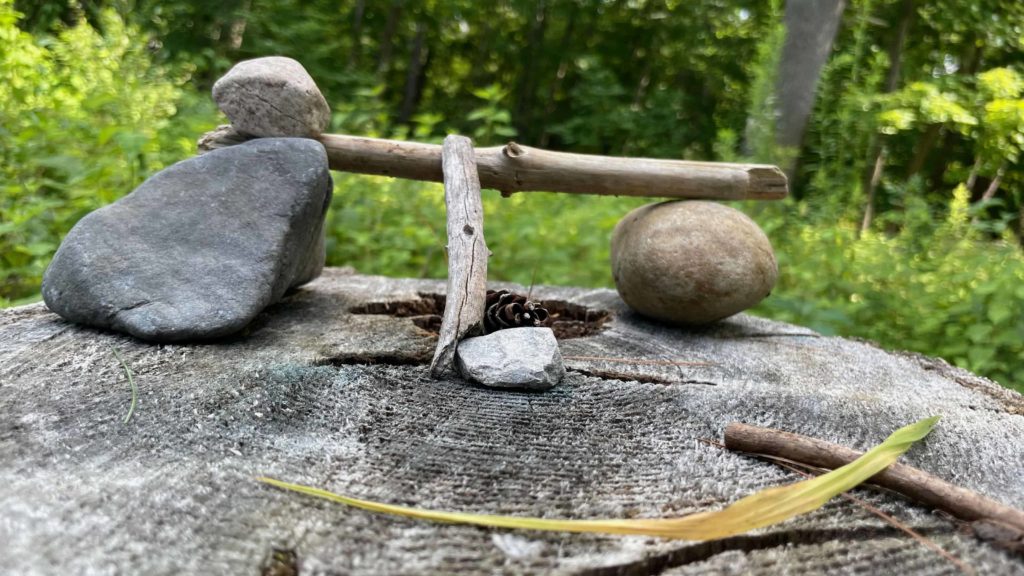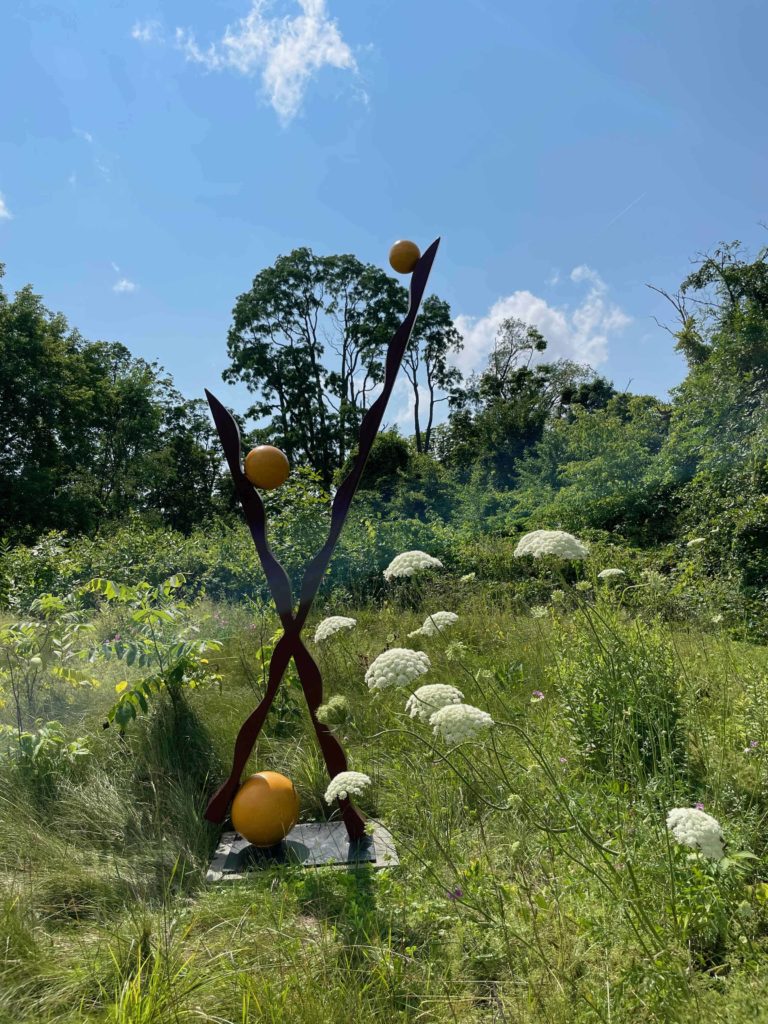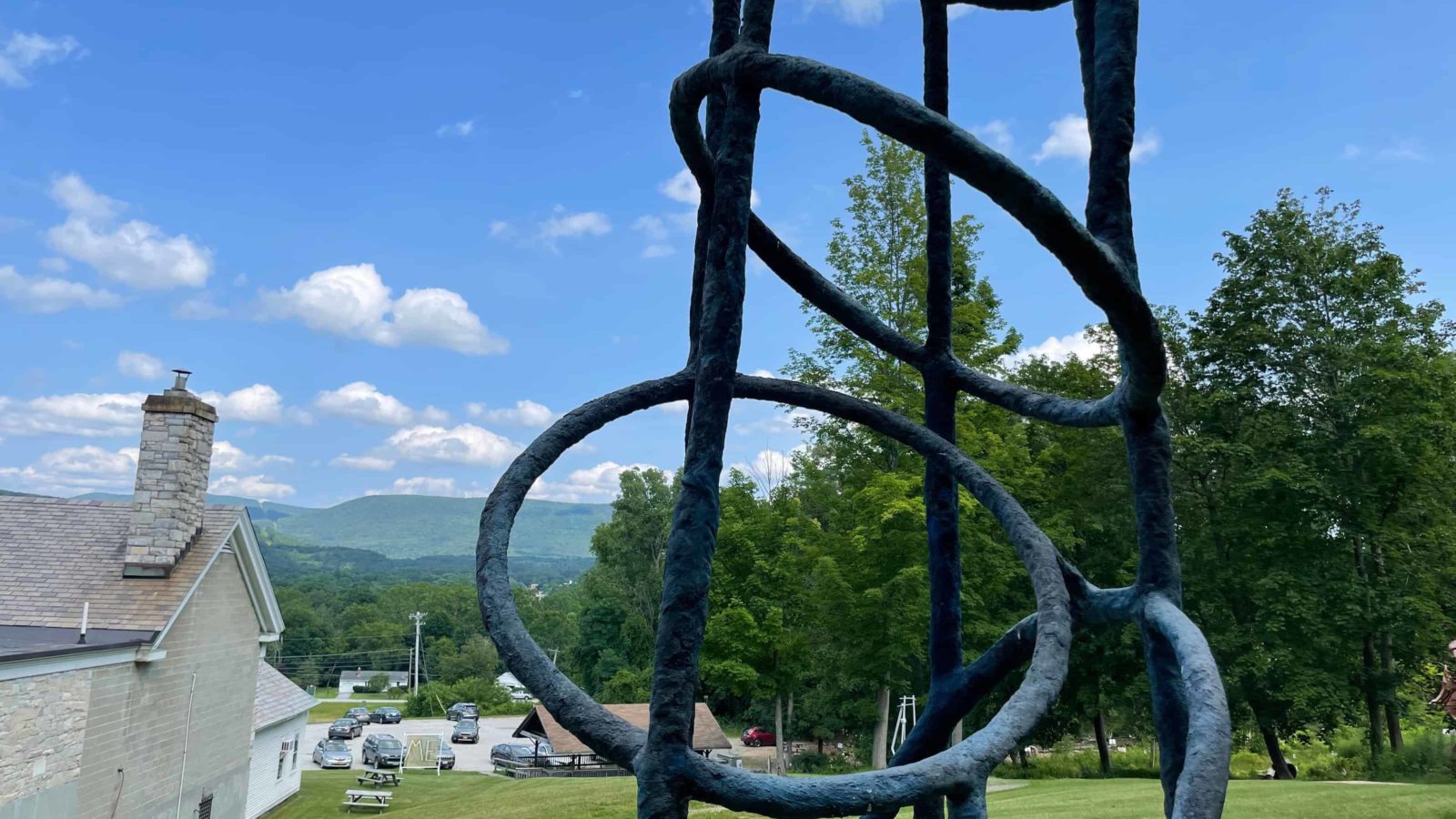I would never have known Genevieve Taggard wrote a hundred years ago. She writes so openly in 1920. In her poems, people lie in the sun, at home in their own bodies. Women are threatened and protest. On hot days, lonely people wait for “events, delights” as a storm builds charge and thunder — it sounds so familiar.
“So alter the tides of light / on human nerves, with the in and out / of breath. …”
I had never heard her name, until the Bennington Museum told me this summer that she was Robert Frost’s friend. And I didn’t know she was a poet. The museum’s main show looks at Frost in his years in Bennington and Shaftsbury, Vt., and they map his life in conversations. He spoke warmly of Taggard, they said. She taught at Bennington College when the English department was new.
Now I learn she known and translated and widely recognized. She wrote at least 13 books of poems. She grew up in Hawaii, came to California for college, to Berkeley, moved to New York in 1920 … became part of the creative world around Greenwich Village. She edited literary magazines and won a Guggenheim; Aaron Copland set her poem ‘Lark’ to music.
Like Frost, she often writes outdoors, and yet not like him. Drawing on the islands where she lived as a child, she writes about the sea as a woman who “lay serene, / warm to the brim of the tide … / from the gold honey of her long undulations / to the milky tendrils / that coiled and clung / against the sands.”
The sea is embodied, and she is vulnerable to pain. I don’t think Frost could have written those lines, and I grew up on his poetry. He taught me metaphor — he taught me how a pasture on a quiet morning could give you words for friendship and honesty. He taught me you could describe an old cellar hole so that you felt more than the dew on your wet shoes — you felt the day around you.
His work holds a deeper sense of sadness than I often understood then. His love of country things is real, and at the same time it echoes with walls and ice and empty roads. He writes a Pan who picks up his pipes and doesn’t know what to play. She writes the sun singing, urging, dancing, even when people are sleeping through the song. She gives her own sense of loneliness — with a potential for magic and an ear for subtlety.
“… Ascends the noon-time smell of grass, when night
takes sunlight from the world and gives it ease.
Mysterious wings have brushed the air, and light
float all the ghosts of sense and sound and sight;
the silent hive is echoing the bees …”
